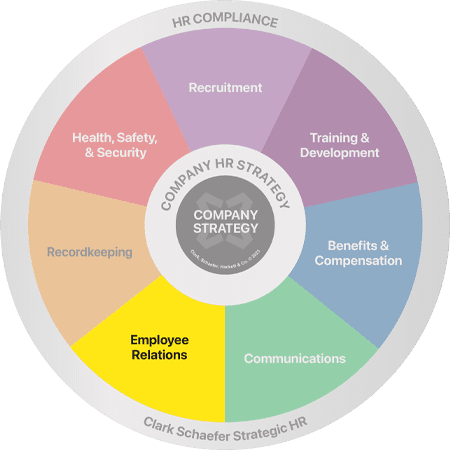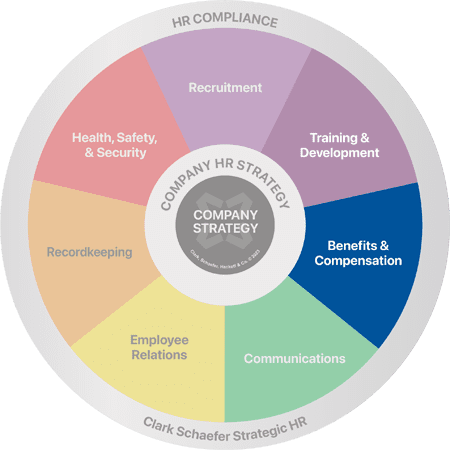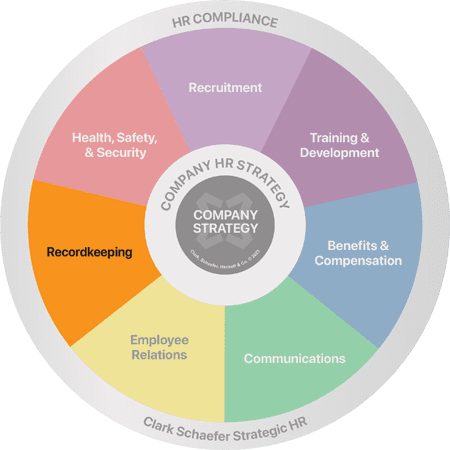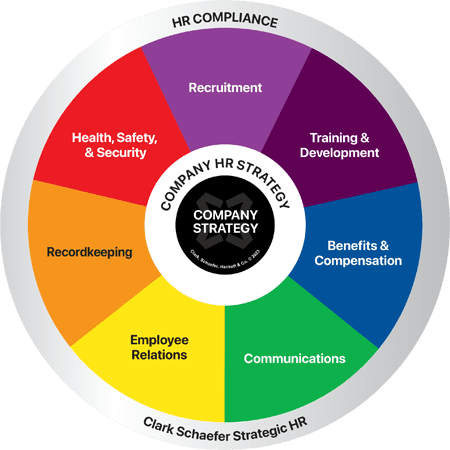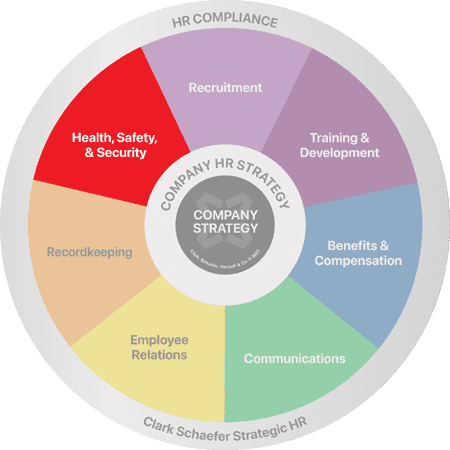Why Employee Retention is More Important Now Than Ever
Last Updated on April 7, 2022 / Employee Relations
We’ve all been hearing the same thing: we’re in the Post-Pandemic War for Talent. Some have called it the Turnover Tsunami or the Great Resignation. No matter what it’s called, the reality remains the same: businesses are in a talent crisis. The Bureau of Labor Statistics reported 9.2 million job openings in May 2021 – yet there are only 1.2 available workers per job opening, according to the US Chamber of Commerce’s Worker Availability Ratio. Add to that, roughly 48% of Americans are considering a role change, with 53% contemplating changing industries altogether. And roughly 50% of employees say the pandemic has led them to question their current career goals.
All of these numbers are startling. For many employers, their best resource for talent is the talent that’s already on the team, which makes employee retention more important now than ever. But what are employers actively doing to keep them? While managers may say, “fine, let them go,” the reality is it may be extremely difficult to replace them.
The good news is there are actions that can be taken to improve employee retention. It takes some effort, but in the current climate, businesses can’t afford not to.
A first step to winning the “war for talent” is to lose the intention to return to pre-pandemic business. The workforce has drastically changed since March 2020. Organizations that automatically return to what was “status quo” may find themselves receiving pushback from employees who have enjoyed some elements of COVID work life.
The pandemic forced many businesses into a remote work environment. As the duration of the pandemic continued, employees and leaders had mixed feelings about remote work. Some loved it, while others longed to be back in the office. Many felt the biggest casualties of remote work were communication, collaboration, and relationships. Despite claims of increased productivity thanks to fewer interruptions, the impromptu chats and meetings fell off, eliminating the opportunity to communicate casually, collaborate creatively, and build relationships. So, where do employers go from here?
The Great Debate: Office vs. Remote
Employers who never offered remote work may experience struggles and pushback with deciding what the post-pandemic workplace looks like. A recent Korn Ferry survey found that nearly half of workers would turn down work if it mandated an in-person office presence. For employers, it’s important to be intentional in this decision as it can have a direct impact on employee retention and your ability to attract new talent. Just because in-person was the work norm pre-pandemic, does not mean that it’s right for post-pandemic. With the mixed feelings of employees and leaders, employers might consider a hybrid work environment, with some remote time and some in-office time. Many are finding this can serve as a compromise and still be an effective business model. Talk to your employees. What worked, and what didn’t? Employees want to know that their preferences were considered instead of being handed a mandate. Where possible, offer tangible business reasons for the decision.
Strategies to Improve Employee Engagement
Whether employers choose to be in-person, remote, or a hybrid of the two, it’s critical to maintain an engaged workforce. This can be more challenging with a remote or hybrid work arrangement, but it’s no less important.
Engagement starts with strong lines of communication. The need for communication is often overlooked or not seen to be of value, but choosing to remain silent can be to the detriment of the organization. Some key pointers to keep in mind:
- Share key goals and KPIs with the team, and update status on them regularly. Employers can guide employees’ focus by sharing goals and the progress toward meeting them. All too often, leaders create KPIs and then put them aside until performance review season. By keeping them top of mind and visible, the message is clear: their work is critical to the organizational goals.
- Help employees see where they fit into meeting those goals and KPIs. Engagement is achieved when employees understand how what they do impacts the organization. Every employee needs to know how their role contributes to the success of the organization. The quality of their work, the timeliness in which it is completed, even their attitudes in doing the work are all critical components to success. The best way to ensure employees care about their work is to help them see how they fit in.
- Don’t underestimate the value of morning huddles. A morning team huddle can be brief – no more than ten or fifteen minutes – but it sets the tone and expectations for the day. A huddle can celebrate accomplishments of the day before, provide updates on open issues, and establish the focus for the day. The time spent can minimize issues later. The key is to make the most of the time and adopt a structure to keep it concise.
- Demonstrate transparency. Focus on what is going well and the positive aspects, but don’t gloss over challenges. Honestly communicate issues and concerns and be open to discussing possible solutions. One of the best ways to build engagement is to ask the opinion of those that directly impact the end result.
On an individual basis, set clearly communicated performance expectations, and revisit those often. Managers must provide ongoing feedback to correct and reinforce behaviors. An engaged culture encourages employees to be problem solvers and to take ownership for finding solutions. Use problems and challenges as learning opportunities to demonstrate the troubleshooting thought process to employees. This encourages an environment of constant ongoing learning.
What are your individual employee’s strengths, and how can those be leveraged? This can be a great opportunity to recognize an employee and advance the goals of the business while also impacting employee retention.
Renew Your Focus on Professional Development
Another key contributor to employee engagement is professional development. A recent Bamboo HR survey found that 78% of employers working remotely felt their professional development was negatively affected by COVID, averaging a loss of $9,800 in promotional income. During COVID, many businesses found themselves in survival mode, where professional development was well down in the list of priorities. As we emerge from the pandemic, it is essential that employers return the focus to employee development. If it has lapsed, take the opportunity to restart the conversation with employees – revisit previous career goals. Are these still relevant or do they need to be revised?
Don’t forget that the pandemic work environment may have provided some unique learning opportunities. Are there ways to capitalize on these? A returned focus on professional development shows employees that you are committed to them and their success, and it can contribute to increased employee retention as well.
As the business world looks beyond the pandemic and begins to address the challenges that are being presented, wise leaders will recognize this opportunity to re-evaluate the culture, identify lessons learned, make the most of the talent they already have.
Special thanks to Cathleen Snyder, SPHR, SHRM-SCP, for contributing to this edition of our Emerging Issues in HR!
Would you like to find out how engaged your employees are? Strategic HR can help. We will create a custom survey to mirror your work environment and goals for the business, administer the survey as a neutral third party, and summarize the findings with recommendations for improvement. You can learn more on our employee surveys page or contact us now.

